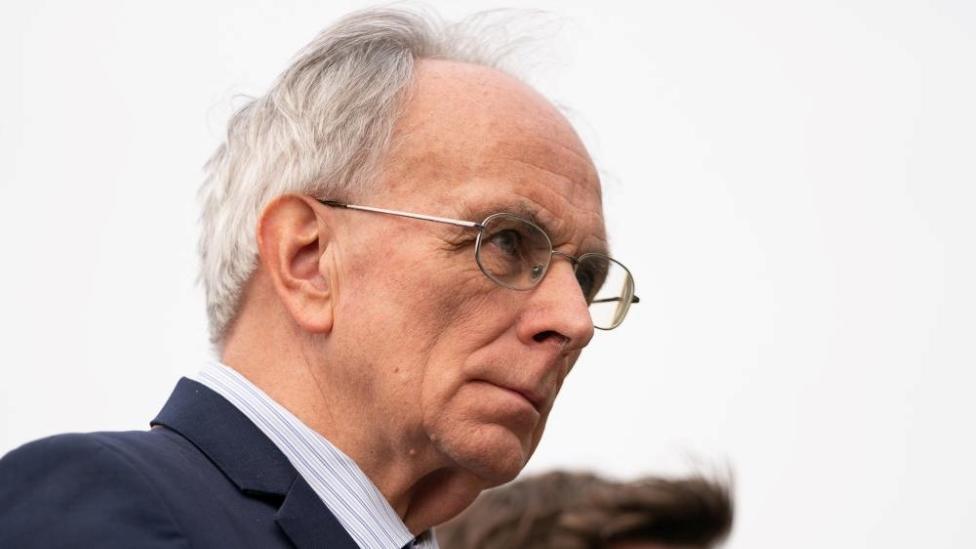Crime to buses: Wellingborough by-election in charts
- Published
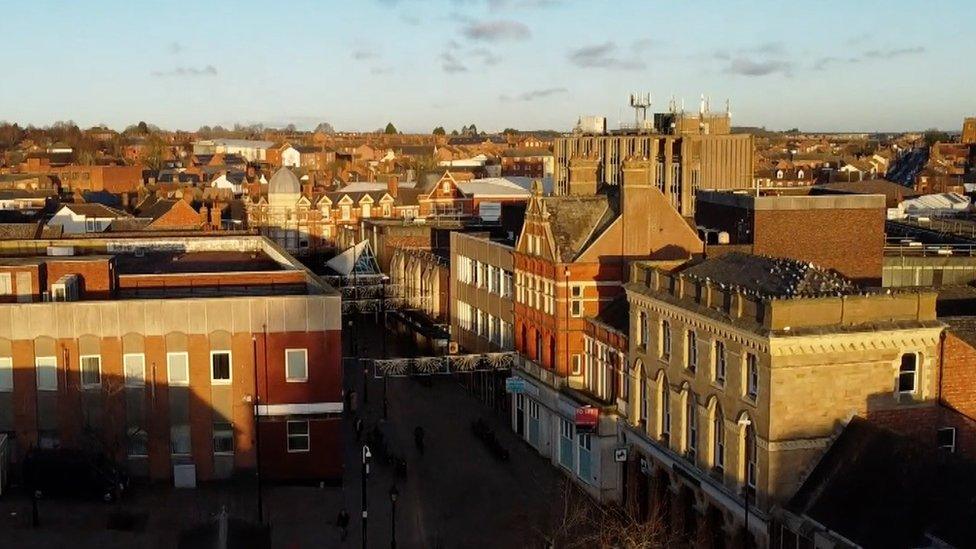
Voters in the constituency will choose from 11 candidates to replace their former MP
Voters in Wellingborough will choose a new MP in a by-election on February 15.
It is taking place because the former Conservative MP Peter Bone was removed from his role after more than one in 10 registered constituents signed a recall petition.
The seat, in the heart of Northamptonshire, includes about 80,000 voters. It was once a centre of footwear manufacturing but its economy has diversified to include services and logistics.
But what can data show us about some of the issues facing the constituency? And what do some of the candidates think?
Knife crime and policing

These figures are for "selected" offences involving "knives or sharp instruments". The offences range from actual bodily harm and grievous bodily harm to robbery, rape and homicide.
They show that between March 2014 and March 2023, the number of those offences in Northamptonshire increased by 70%, but there has been a decline from a peak in 2021. More recent data suggests that the decline is continuing.
Gen Kitchen, Labour, said "knife crime's definitely a problem" and that she had spoken to parents anxious about children coming home from school.
But she praised the "great work of the third sector [the voluntary sector] and local charities" and credited them with bringing numbers down through outreach in schools and knife amnesty bins.
Former police officer Ana Savage Gunn, Liberal Democrats, also praised "superb works" by community groups.
She said the government had "underfunded the police" but "when the crime figures went through the roof, thought better of it".

Home Office data shows the number of police officers per 100,000 in Northamptonshire fell by almost 20% between 2010 and 2019, but by March 2023 had almost recovered.
Ms Savage Gunn said the police service was now "unstructured" and had "lost a lot of experienced officers – you can't just open a box of police officers, you have to train them".
Helen Harrison, Conservative, said it "was absolutely right that we reversed the cuts to the police force".
Several residential estates, she added, had benefitted from the Safer Streets Fund, which paid for CCTV, more secure front doors, and alley gates.
If elected she would "plead" with the county's Police and Crime Commissioner to bring "visible policing" to the streets, with officers "out of their cars patrolling".
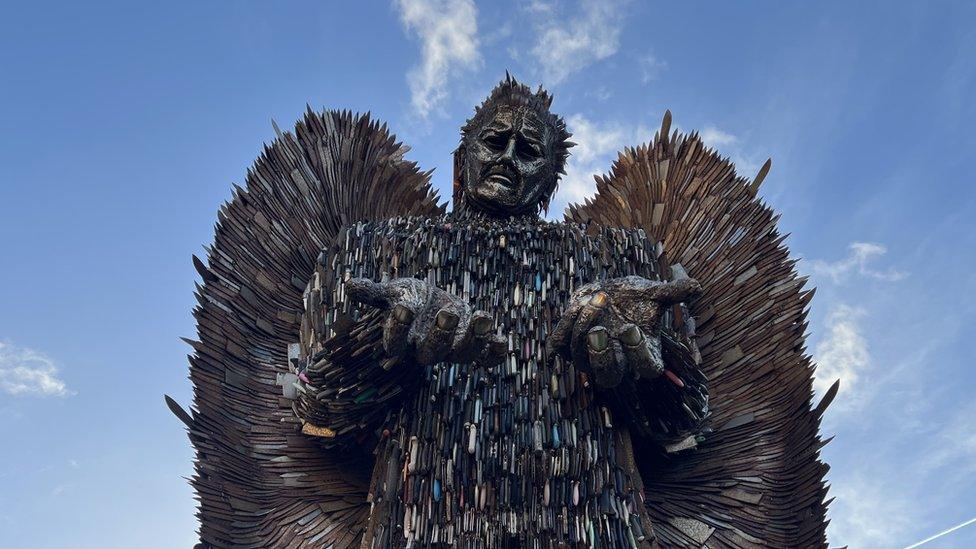
The Knife Angel, a sculpture made up of knives and weapons seized by police, visited Wellingborough in 2022
Reform UK's Ben Habib said the country faces a "massive uphill struggle" with crime because "the finely balanced equation that gives criminals the confidence of knowing that they will be apprehended and banged to rights" was "broken".
He added the economy should be the priority: "When people can't afford to make ends meet then of course people are going to turn to crime."
For Will Morris, Green Party, crime is a "complex problem" needing a "complex solution".
"This isn't just about the police, it's about childcare agencies, about the medical services and the mental health services," he said.
Marion Turner-Hawes, Independent, said Wellingborough had "deep challenges" with crime, "particularly drug issues".
More than half of a "network of community support" had "disappeared overnight" and "young people have lost out as a result".
"I am not saying that excuses everybody picking up a knife. But we have to understand the context that if energy doesn't go in one direction, it goes in another direction," she said.
Bus use
9.6In 2023, North Northamptonshire had the seventh lowest bus ridership in England and the lowest in the East Midlands
North Northamptonshire Council said these figures for 2023 were lower than expected and there could be an issue with how the data was split since Northamptonshire's councils structure changed in 2021.
"If you look at the bus routes that we have in Wellingborough, it's kind of not a surprise," Ms Kitchen said, "because there kind of aren't any."
She added some "really common-sense routes" had "been cut", meaning "less connectivity".
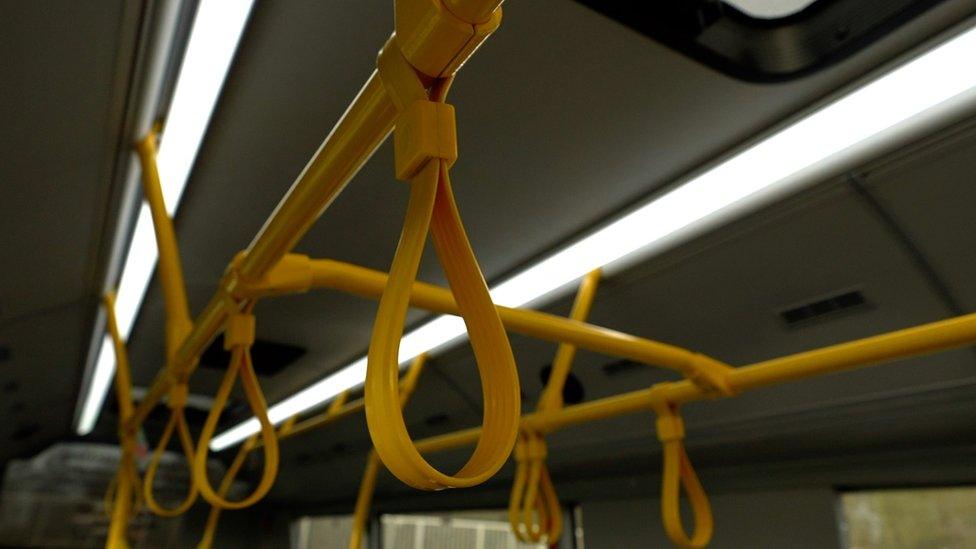
The Wellingborough constituency includes the towns of Rushden and Higham Ferrers
Ms Harrison accepted "we don't have a huge history of great public transport in North Northamptonshire", though she supports buses to help people get around and "fulfil environmental commitments".
The Conservative-led council had a "bus service improvement plan" which she hoped "would start to see increased uptake in bus use".
"The only way you change people's habits is if you had a really, really good, very regular bus service going all over the place, so that people would actually, genuinely ditch their cars."
She called for more data to see "who wants the buses, who's going to use the buses, where they're going to be best used", then they could "lobby government for more money".

Mr Morris said a 4.5-year difference in life expectancy between Queensway and a neighbouring area around Gleneagles Drivewas "shocking".
One problem, he said, was the "attitude" of the present government to the "nanny state".
"Anything that might improve people's lives or anything that might improve health is smacked down because it's 'woke' or you shouldn't interfere with people's lives."
Mr Habib agreed that it is "absolutely something that needs to be tackled".
The best way? "You need a healthy economy," he said.
"If you're prosperous as an individual, you're able to make better life choices."
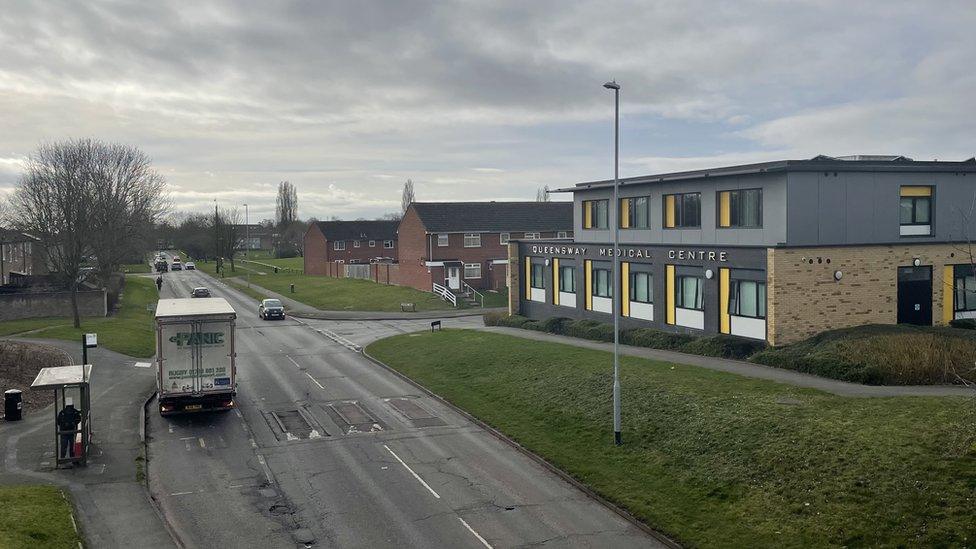
Queensway, an estate in Wellingborough, was labelled 'left behind' in 2019 because of its social and economic deprivation
Ms Harrison said public health and "reducing health inequalities" was something she took "very seriously".
She said some government schemes are "sticking plaster stuff", though she praised the cost of living payments, the Household Support Fund, and increase in National Living Wage.
The key was "catching people before they fall".
"If we're not catching the problems further upstream, then we're going to have to continue to find ways to help people when they're already in trouble."
Ms Kitchen said a Labour government would "shift more care into the community" and train more doctors and nurses. She criticised the Conservatives for "not properly funding public services".
"Queensway probably relies more on those services… and they have just seen it cut and cut and cut."
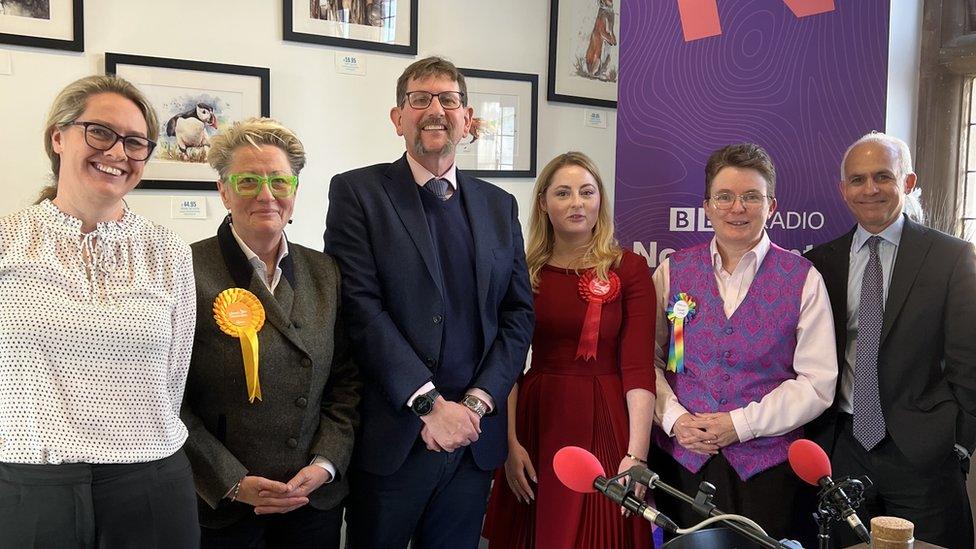
Six of the candidates - (from left) Helen Harrison, Ana Savage Gunn, Will Morris, Gen Kitchen, Marion Turner-Hawes, and Ben Habib - took part in a debate hosted by BBC Radio Northampton
Mrs Turner-Hawes said "we need a way of making sure that we've got some core, basic, good quality support and services".
Retrofitting homes to make them more energy efficient would create skilled jobs she said, as well as improving living conditions, providing "an opportunity for a real, grassroots green revolution".
Ms Savage Gunn said services were "collapsing around everybody's ears" and "there's a lot of anger around".
Education was part of the solution, alongside "making their community more vibrant".
How would she fund investment?
"A windfall tax on oil companies" and "shifting some of the money in society", she said.
The result in 2019


Find BBC News: East of England on Facebook, external and Instagram, external. If you have a story suggestion email eastofenglandnews@bbc.co.uk or get in touch via WhatsApp on 0800 169 1830
- Published9 February 2024
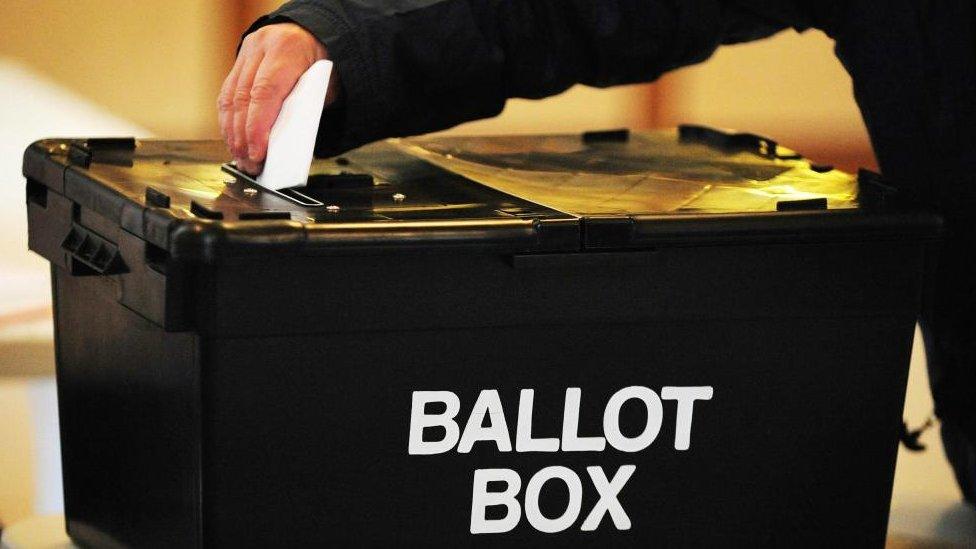
- Published1 February 2024
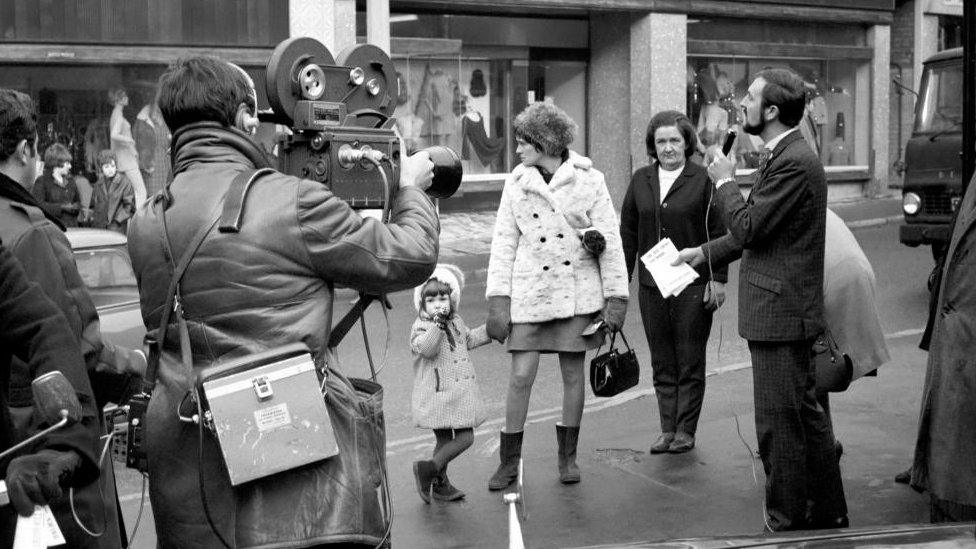
- Published31 January 2024
